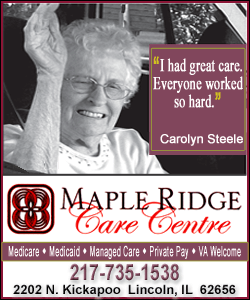| ||||||||||
| ||||||||||
The meanings shift more dramatically when measured by self-identification and quality of life. Few Americans label themselves as upper class or lower class, which are seen as either pretentious or demeaning. Roughly 95 percent of adults say they are middle class (50 percent), upper middle class (13 percent) or working class (32 percent), according to a Washington Post-ABC News poll conducted in May. Just 2 percent describe themselves as "better off" than upper middle class. A separate ABC News poll found that being "middle class" often meant more to people than specific income levels, which can be affected by family size, expenses and local costs of living. At least two-thirds of adults said being middle class meant owning a home, being able to save for the future and afford things like vacation travel, the occasional new car and various other little luxuries, according to the 2010 poll. The slippery definitions have created incongruous political moments. In his January speech describing a shrinking middle class, Krueger, who is chairman of the White House Council of Economic Advisers, offered a precise definition that has yet to be applied on the campaign trail: households with annual incomes within 50 percent of the national median income. The current median income is $49,445, putting middle-class earnings in a range from $25,000 to $75,000. Democrats from higher cost-of-living areas, such as Sen. Chuck Schumer and House Minority Leader Nancy Pelosi, have sought to push the "middle class" definition higher, arguing that some families earning between $250,000 and $1 million in big cities such as New York and San Francisco are more likely to be dual-income worker bees than a wealthy elite. They initially pushed for extending tax cuts for those with incomes under $1 million, but are now backing Obama's proposal, which would yield an additional $366 billion in tax revenue over the next decade. Romney, who sometimes battles perceptions that his vast wealth makes him out of touch, stirred derisive comments when he told MSNBC in January that he wasn't focusing so much on the needs of the poor. He explained that "somebody who's fallen from the middle class to poverty, in my opinion, is still middle class." Liberal bloggers were quick to ridicule the idea of "middle-class poverty." "`Middle class' in politics is not a numerical value," said Kathleen Hall Jamieson, director of the Annenberg Public Policy Center at the University of Pennsylvania. "When voters hear `middle class,' they don't hear people who make above or below this amount of money, they hear `us.' It's a way for politicians to signal to voters that `I share your values.'" It's hard to entirely fault politicians who mirror definitions of "middle class" that voters want to hear. But Jamieson says the fuzzy meanings confuse public debate, whether it's about spending for government safety-net programs for the poor, balancing the federal budget by taxing a wider range of income earners or creating jobs for an American middle class with varying degrees of education and skill levels. "That kind of slipperiness creates a disconnect between campaigning and governance," she said.
[Associated
Press;
Copyright 2012 The Associated Press. All rights reserved. This material may not be published, broadcast, rewritten or redistributed.
News | Sports | Business | Rural Review | Teaching & Learning | Home and Family | Tourism | Obituaries
Community |
Perspectives
|
Law & Courts |
Leisure Time
|
Spiritual Life |
Health & Fitness |
Teen Scene
Calendar
|
Letters to the Editor